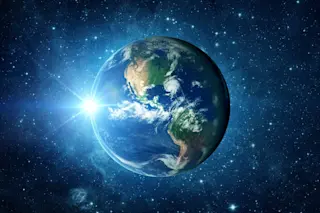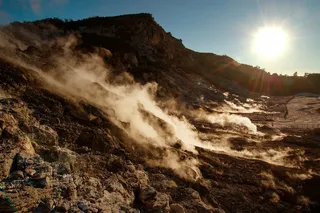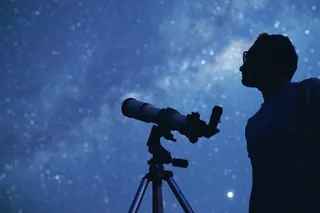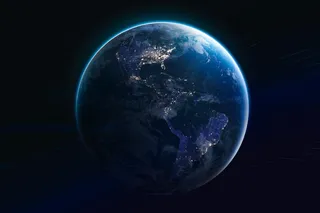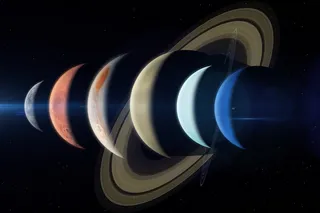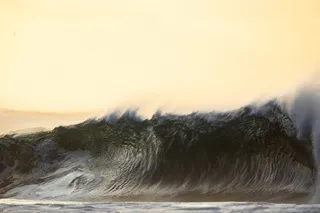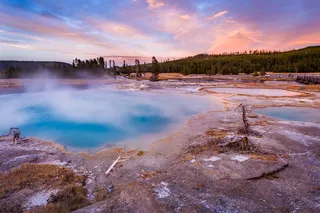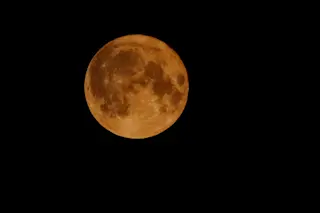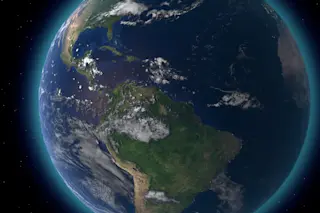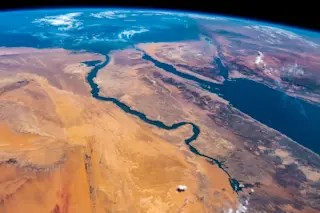Days come and go. Our circadian rhythms are tuned to the rising and setting of the Sun and the push and pull of the Moon. Days appear stable to us, an endless cycle of day and night, unless we decide to change our clocks, there are always 24 hours in a day.
However, change is the norm when it comes to Earth's day length over geological periods. Earth's satellite, our Moon, steals rotational energy to travel farther and farther away from us over time. And as the Moon's gravitational effect on the Earth diminishes, so does its ability to affect our day length.
"It is certainly the pull of the Moon's gravity that causes the tides in the oceans to ebb and flow, and that is the dominant factor controlling Earth's day length.
There are indeed other forces that affect Earth's spin, but they generally all pale in comparison to ...



